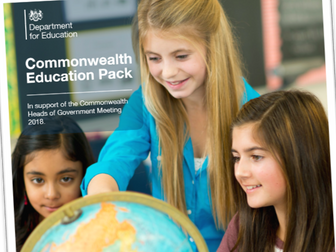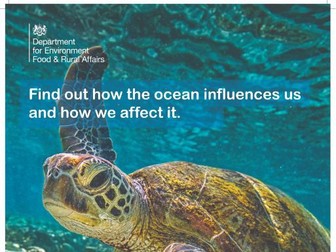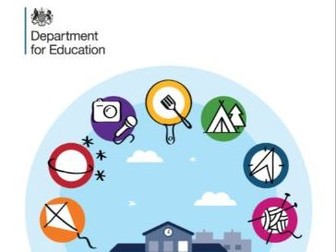Commonwealth 2018: Classroom activities pack
This pack contains four classroom-based activities themed around the Commonwealth and has been designed to help your pupils further their understanding of the Commonwealth and the world around them.
The materials contained in this pack can be used in isolation or combined as elements of a more comprehensive lesson. As well as providing activity ideas for assemblies and tutor time, the activities contained in this pack can also support the teaching of a number of different subjects and topics including:
• Citizenship
• Geography
• Economics
• History
• General studies
• Art and Design
• Personal, social and health education (PSHE)
This pack is designed in collaboration with the British Council and Commonwealth Secretariat in support of the 2018 Commonwealth Heads of Government Meeting. www.chogm2018.org.uk/



